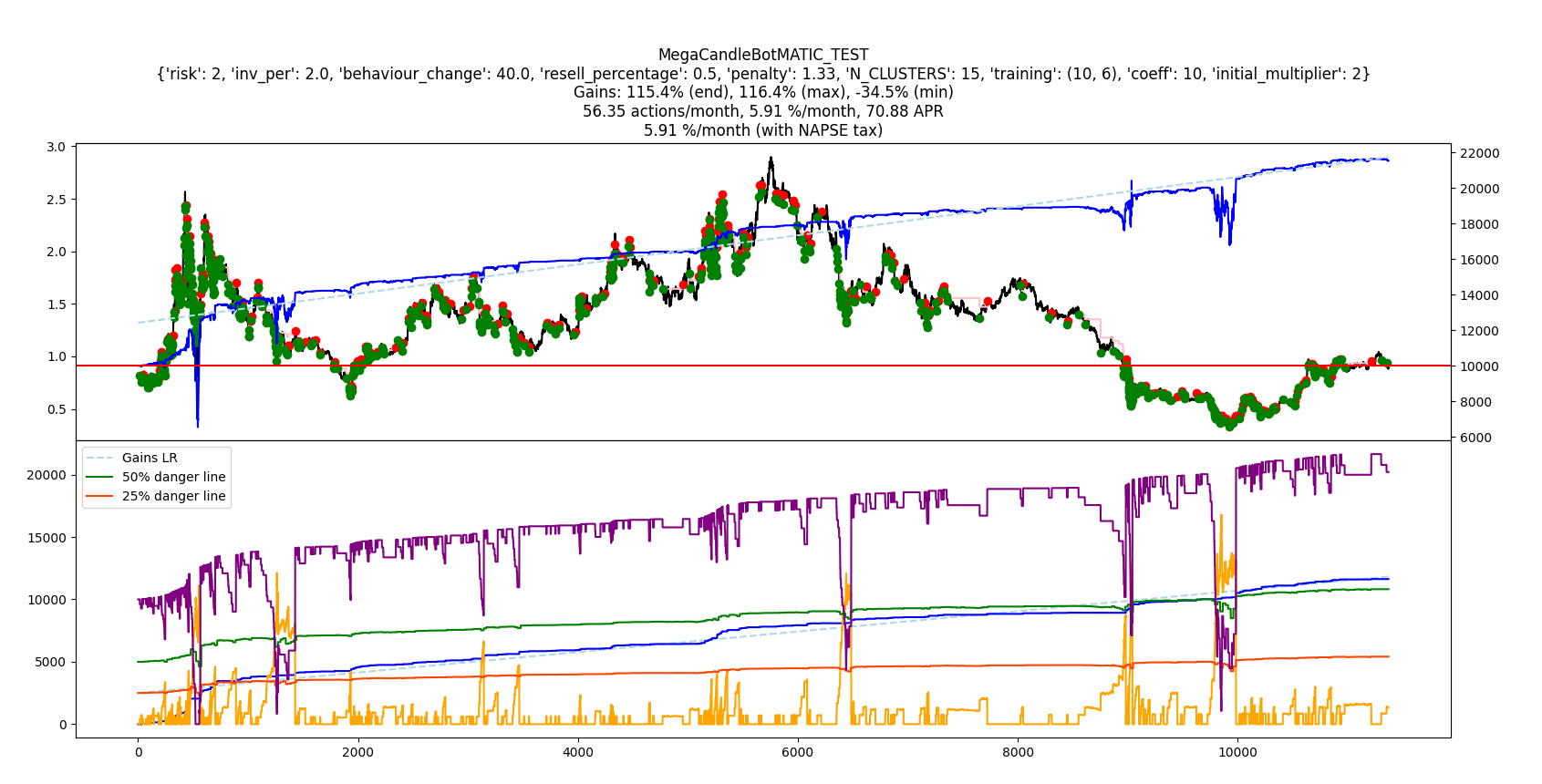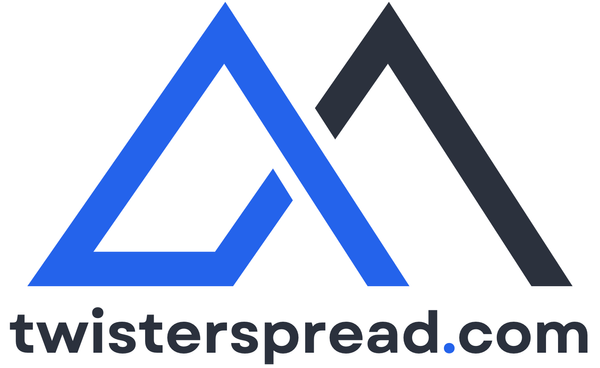Grezy archives: Napse

Welcome to this new series of blog posts where we look back at our past, and share what we learned from what happened to us on previous projects. This article will be all about the project that got Nicolas Faglin and myself (Tom Jeannesson) passionate about computer science.
Context
Nicolas and I barely knew each other back then, and he was starting to get interested in investing his savings. The thing is, he quickly learned (the hard way) that the market can be ruthless. His first few trades didn't end well, and the mental load that came with always having to keep an eye out for buy/sell opportunities weighed him down.
So Nico came to me and a third friend, offering we collaborate on a new project that would aim to make investing simple and passive. Who has never dreamt of making money while they sleep, right? The three of us barely knew anything about coding, but decided to tackle the world of finance head on nonetheless. The initial idea was to use this tool just for us, which meant this was a passion project, and none of us had any obligations regarding the project.
Chapter 1 : The first results
Very quickly, we started to get some pretty amazing results (+20% yearly returns). We even went as high as 70% APR on certain backtests (not worth much, but enough to hype us to the moon back then).

We thought we had gold in our hands and therefore started to imagine more and more features for our project.
You'll make mistakes for sure, but that's the only way to really get good. Motivation will carry you through the hard times!
Chapter 2 : The first launch

After about 8 months of work, we launched the first version of Napse, as a Discord bot, that would connect to our Binance account and trade.
The thing is, we decided the platform (Discord) wasn't going to be scalable enough to host all our future ideas and features, so we chose to rewrite it all from scratch using web technologies. Though this was an amazing experience learning wise, it was terrible for the project. Motivation was low, as we weren't innovating anymore, simply rewriting what we had already done. We have this expression in French that goes "enfoncer des portes ouvertes" (kicking through open doors), and that's exactly what it felt like.
About a year later, we finally launched the website, and could show the world what we'd been working on!
Chapter 3 : The legal hurdles
We were finally ready to start a company and make a living off of it! Well, at least, that's what we thought.
We started by contacting one of the very few Fin-Tech lawyers we could find, who cost us +300€ / hour to basically tell us nothing of value. The only thing we learned, is that in order to make this project work, we'd need to raise about 100K€ just to get the authorizations to manage money in France. This was, as you can imagine, a major setback, and motivation hit rock bottom.
Chapter 4 : The divide
At this point, the team split in half, with some members wanting to stay on a chill schedule (as we'd always worked that way), and others wanting to up the rhythm in order to have a realistic change of making it. This lead to major disagreements, especially when it came to estimating the amount of shares each member of the team was going to get when creating the company.
The project of building a company finally died out, and Napse pivoted to become a free and open source investing tool (you can check it out here). This came with having to rewrite nearly all the code, in order for anyone to be able to self-host it. We're now 3 years into the development of the Napse, and it still hasn't officially launched. That said, this was our first project, has taught us much of what we now know, and if we had to do it again, we definitely would!
What's next ?
Don't worry, Napse will see the light of day pretty soon, once Grezy (our software development agency) enters a stable state. After all, we do have a special bond with this project, it being our very first!
We aim to have it out by the end of 2025.
Conclusion
- Start off bold: If you're a beginner, don't be scared to dream big for your first project, as building something you're passionate about will be a major motivational boost to learn more!
- Build first, scale later: Don't focus on scalability at first, but rather on getting your first users. You'll have all the time in the world to worry about scaling once people have shown you they love your project!
- Teamwork is key: Make sure everyone is on board and has the same goals. A split team is one that won't last long.
That's it for our third article! We hope you found it insightful and enjoyable. Don't forget to leave a comment below to share your thoughts and join the discussion!





